People have been drinking wine for thousands of years. For several decades, scientists studying alcohol users have reported a decrease in ischemic heart disease (IHD), or heart problems caused by narrowed heart arteries among these users. So, can a glass of wine benefit your health?
First put forward in the 1990’s, the French Paradox refers to the notion that drinking wine may explain the relatively low rates of IHD among the French despite their diets high in cheese and other rich, fatty foods. Investigation has found that wine contains polyphenols, including reservatrol, that may explain wine’s apparent cardioprotective potential.
It’s important to remember that studies about the effects of wine are observational, meaning that researchers observe the effect of a risk factor or intervention, in this case alcohol use, without trying to control who is exposed to it or additional variables. Therefore, observational studies cannot prove cause and effect.
In contrast, most medical recommendations today are evidence-based, meaning based upon the conscientious, explicit and judicious use of the current best evidence. In turn, evidence-based medicine relies upon double-blind, placebo controlled trials (DBPCT) in which one-half of participants receive a placebo, or sham, treatment and the other half the actual treatment. During the duration of the study, neither study group, nor the study investigators, know which participants are getting the real treatment. DBPCT’s attempt to prevent bias and also try to control other variables including but not limited to age, sex, medications, diet and other disease states. Well-done DBPCT’s can prove cause and effect. In the case of wine, DBPCT’s have not been feasible, so the available evidence is based upon observation instead.
Observational studies of wine use suggest that red wine has significantly more potential benefit than white wine, because red wine contains significantly more reservatrol, the main beneficial component of wine. Resveratrol has been observed to:
Ease joint pain.
Help with diabetes.
Possibly extend lifespan.
Possibly prevent and treat cancers.
Both red and white wine are also linked to other possible health benefits:
Reduced risk of heart disease.
Lowered risk of death from heart disease and stroke.
Improved cholesterol levels.
Lowered overall risk of death.
Reduced risk of neurodegenerative disease, such as Alzheimer’s and Parkinson’s Disease.
Lowered risk of osteoarthritis.
Lowered rated of lung cancer.
The daily beneficial amount of wine is about 5 ounces per day for women and 10 ounces for men. Benefits decline with reduced wine consumption.
Of course, there are drawbacks to drinking wine, chief among them drinking more than the daily beneficial amounts. Drinking excess amounts of wine negates most potential beneficial benefits and can lead to:
Organ damage.
Dependency.
A weakened immune system.
An increased risk of cancer.
Brain damage.
It’s important to add that a global health study recently published in the British medical journal The Lancet rejected the notion that any daily drinking can be healthy. The study acknowledged that, while moderate drinking may safeguard people against heart disease, the potential to develop cancer and other diseases more than offsets these potential benefits. “Our results show that the safest level of drinking is none,” the report states.
These serious risks are the among the chief reasons that health experts, including this writer, urge people not to start drinking for the sake of health.

